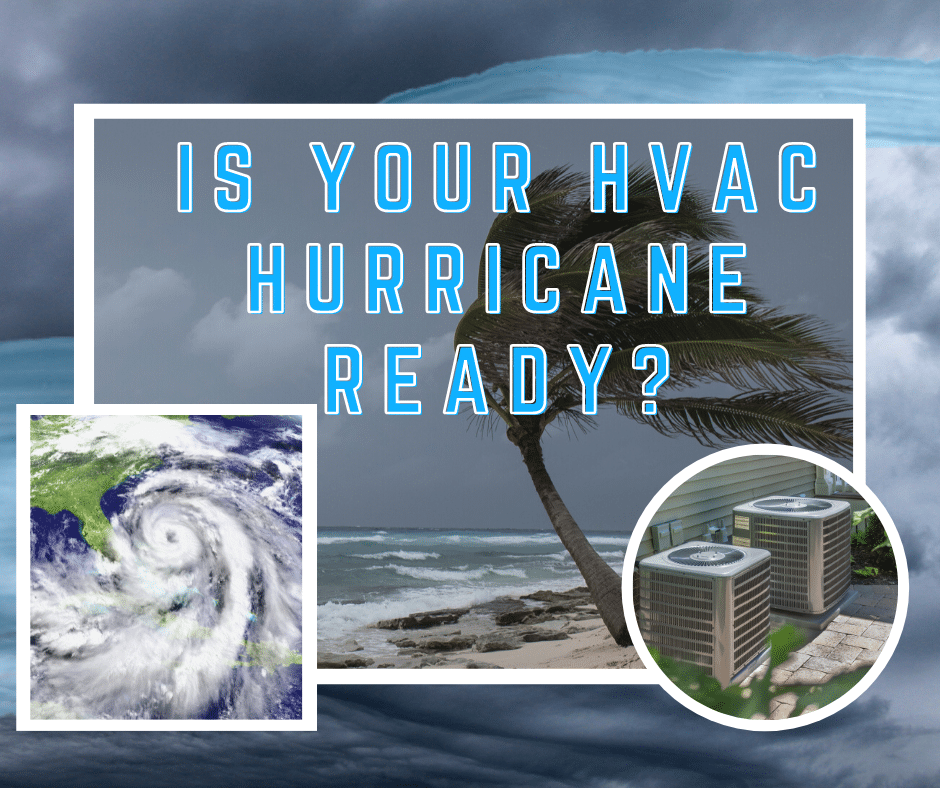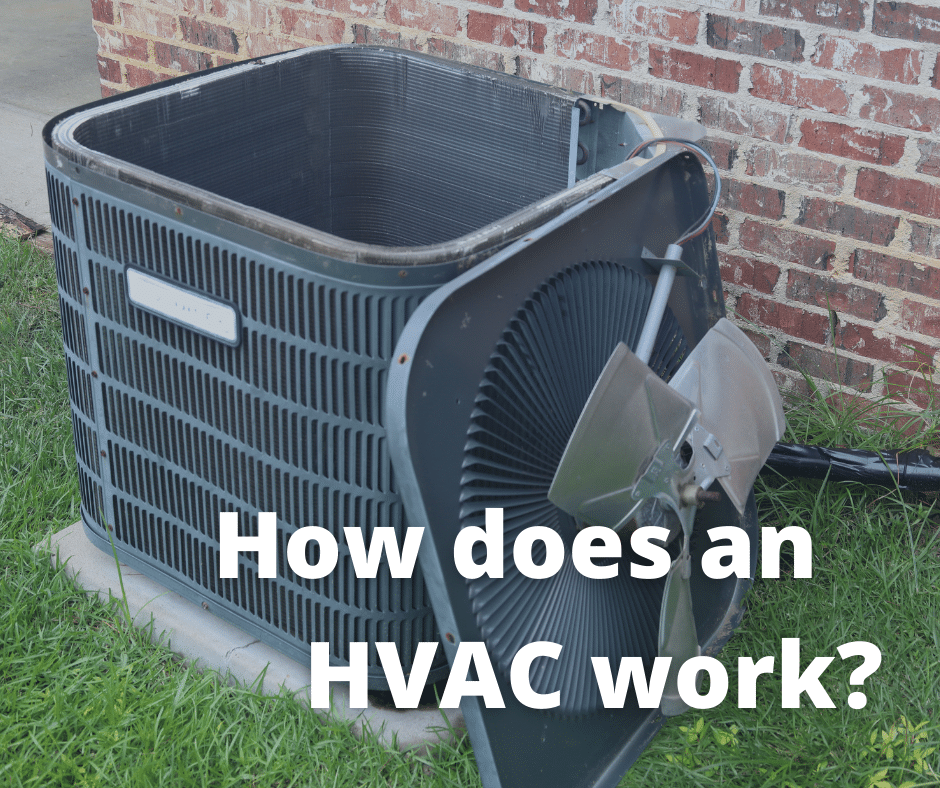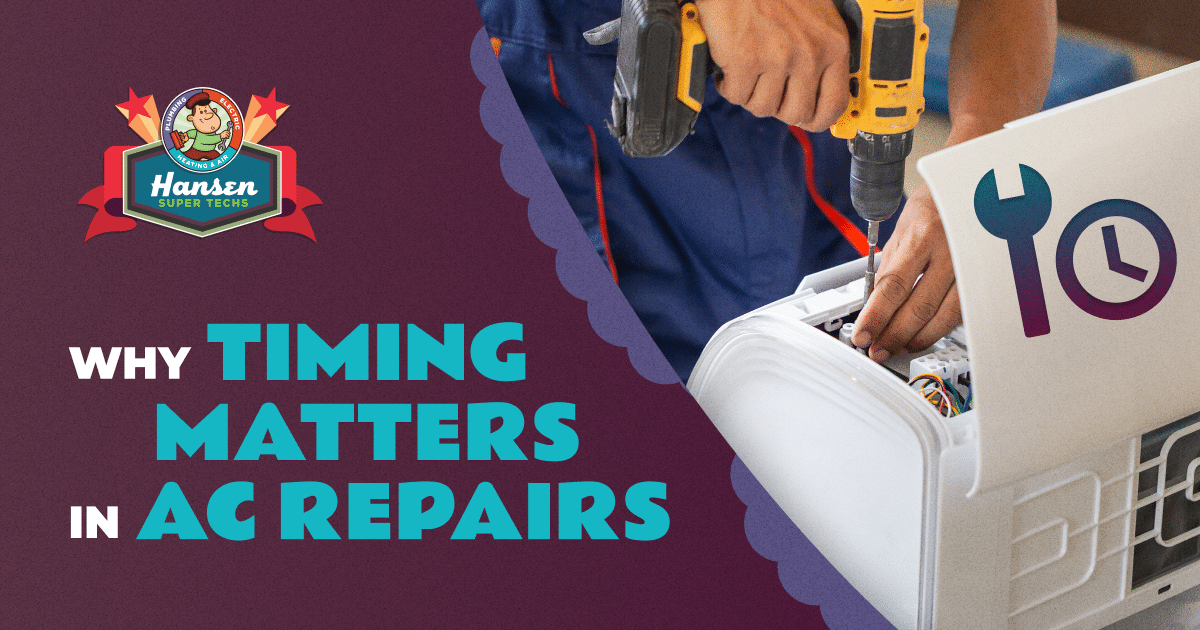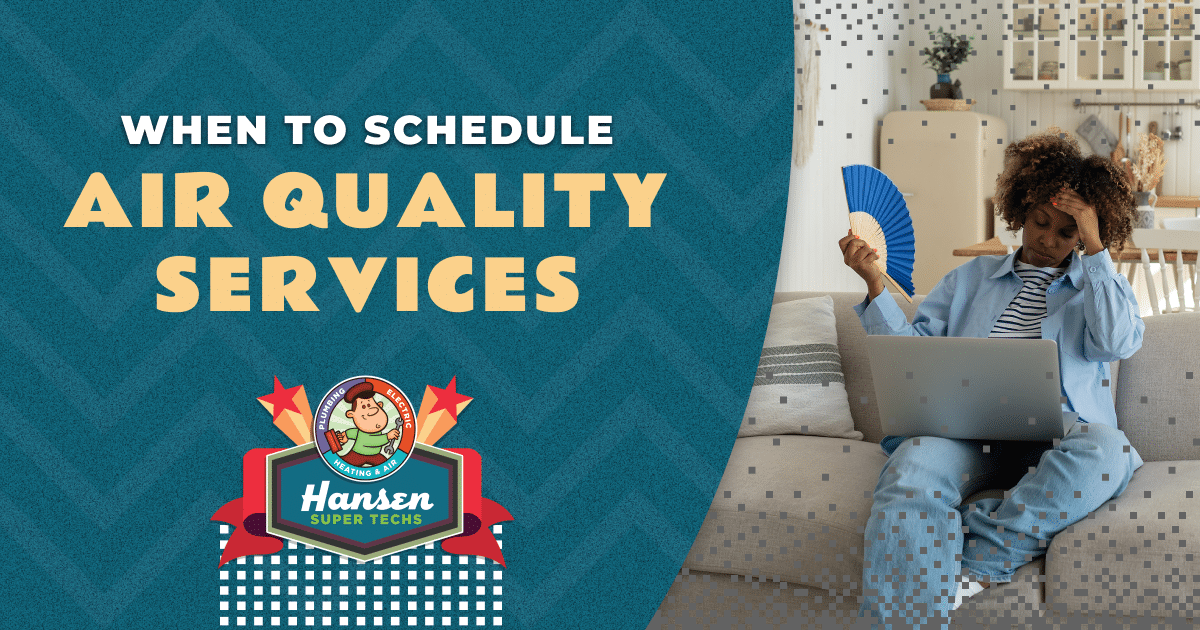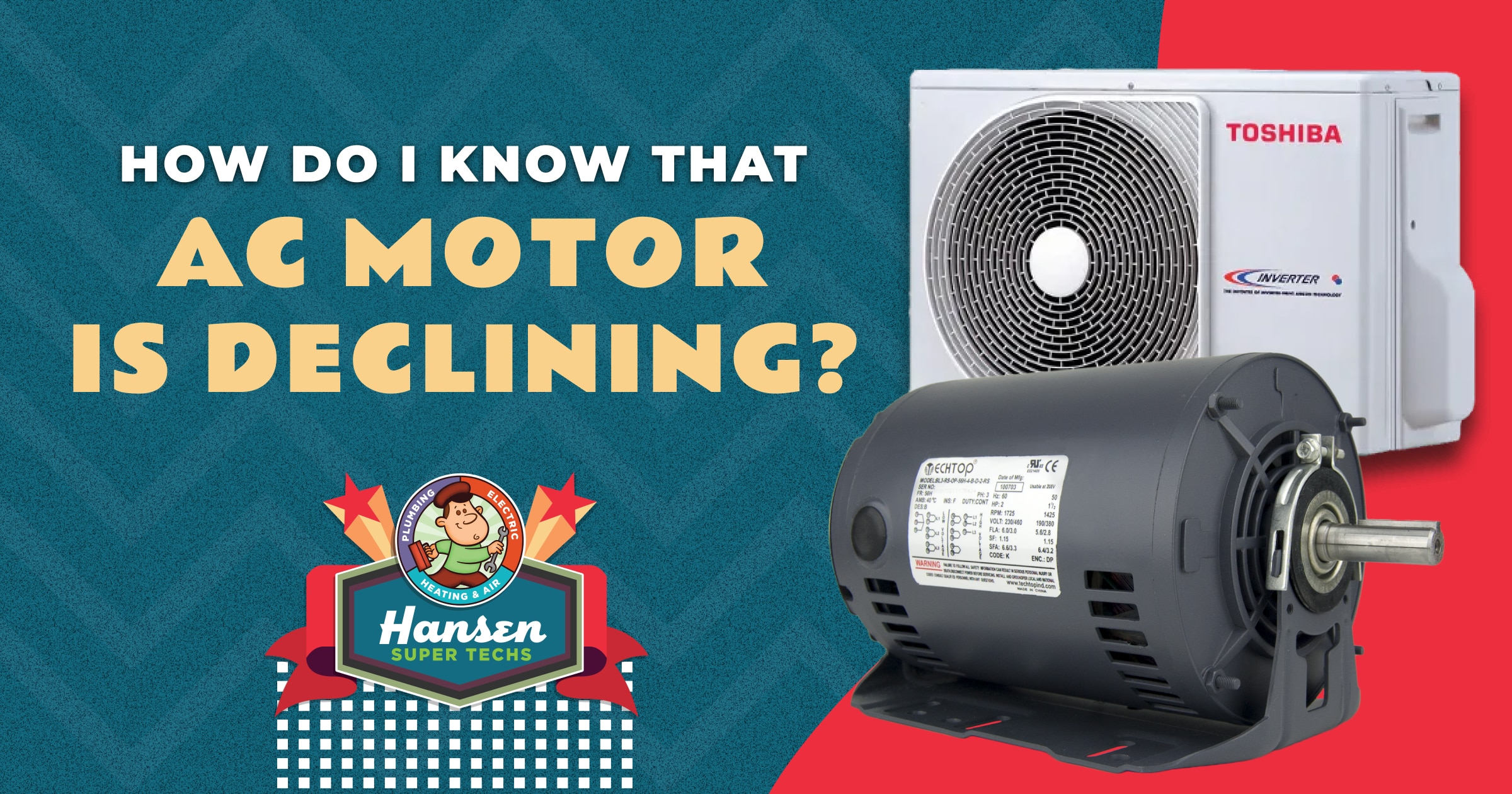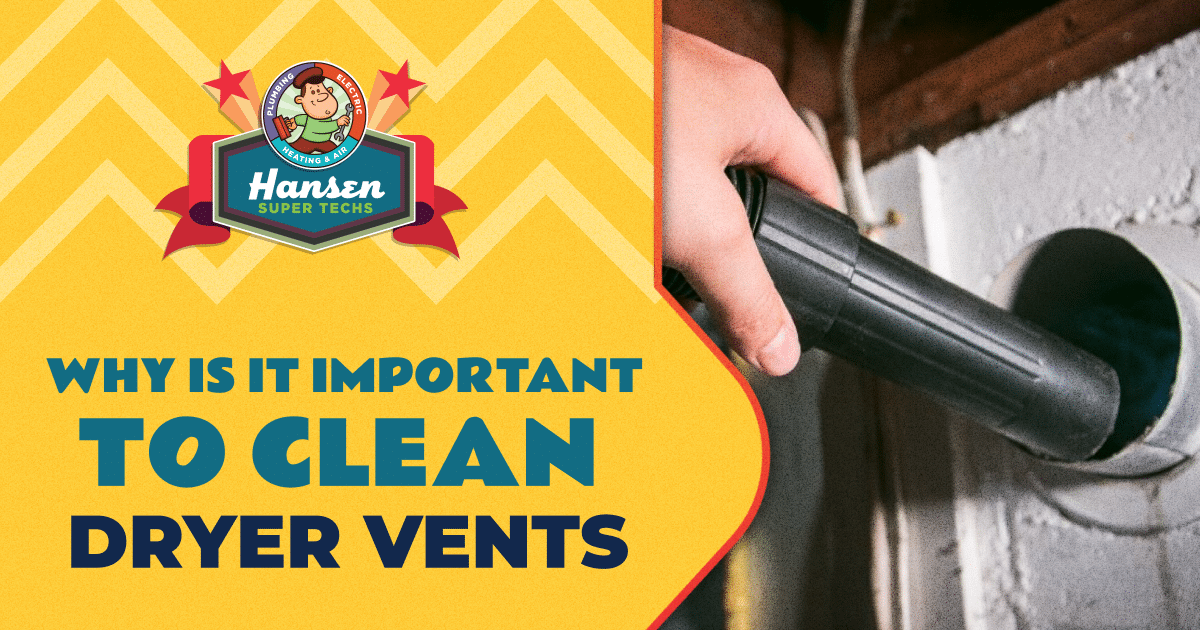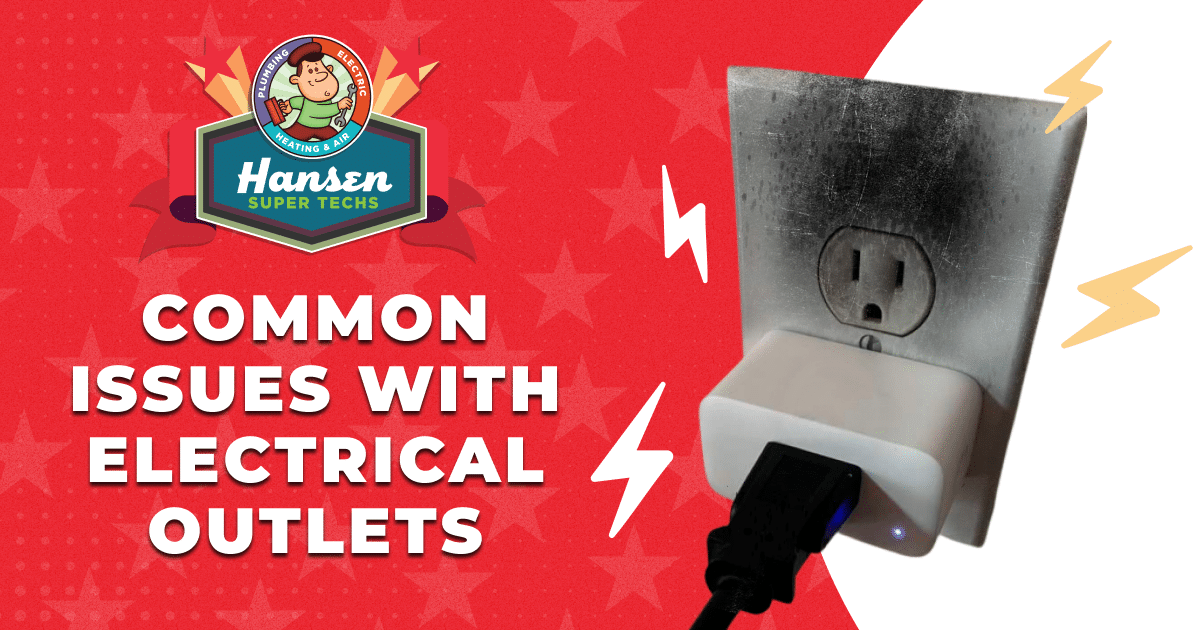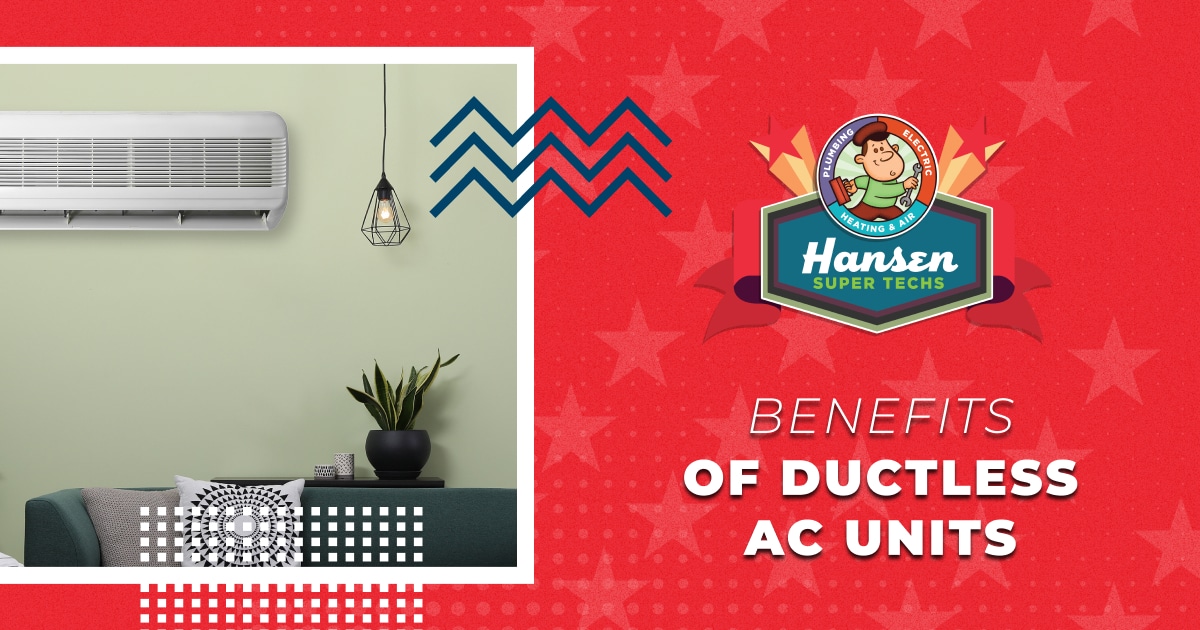As another hurricane season makes its way to our horizons, it is important that you get your home ready for the severe damage of the high-speed winds that hit the area. Because we are the finest...
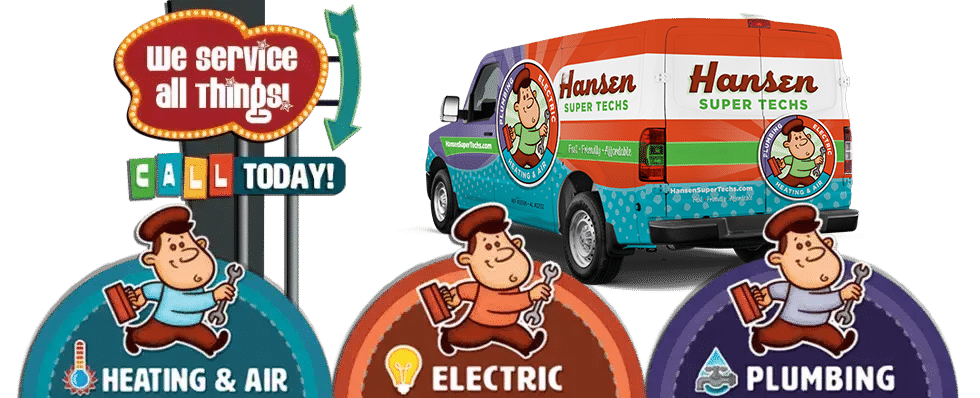

Air Conditioning Archives
Tips to Winterize Your HVAC System in MS & AL
Why Prioritize Winterizing Your Air Conditioner System? As the warm summer days fade away and are replaced by the chilly air of early fall, residents of Southern states have to take extra steps to...
How Does A Home HVAC System Work?
There is nothing more important on a hot summer day or a frigid winter afternoon than a properly working HVAC system. Whether you need that cool air to provide you with much-needed relief from the...
Why Timing Matters in AC Repairs
Some air conditioning repairs are pretty obvious while others creep up on a home in a gradual progression, until the unit breaks down completely. This is normally the result of homeowners neglecting...
When To Schedule Air Quality Testing Services
With all the services offered by heating, ventilation, and air conditioning (HVAC) services, it can be hard to know what services you need and when to schedule them. We understand this dilemma and...
Top Causes of AC Compressor Damage in Fairhope
Air conditioning systems are great, but they do not come without problems. As the unit ages, it shows signs of wear and tear that will eventually lead to a replacement. In this blog, we will discuss...
How to Save on Electricity Bills this Summer
With summer approaching, we have much to anticipate. The kids are out of school, and many of us, take a more leisurely approach to work and life for a few months. But, the summer months can often...
How Do I Know That the AC Motor is Declining?
The heating, ventilation and air conditioning (HVAC) unit consists of many parts that come together to deliver the comfortable temperatures we desire throughout the year. One of the key components...
Why Is It Important to Clean Dryer Vents
When was the last time you cleaned your dryer vents? Read our blog on why doing so is important for the health of your home and dryer.
Why Opening Doors and Windows is Important
The weather is chilly outside right now and the first thing that comes to mind is to crank up the heater and sit close to the fire with a blanket. We understand this sentiment because we too get...
Common Issues with Electrical Outlets
We don't pay much attention to electrical outlets until they break or need repairing. You will learn some of the most common signs that your home's electrical outlets need repair in today's...
Benefits of Ductless AC Units
Air conditioning units have become indispensable commodities in most American homes. Whether it is cold or hot outside, they provide optimal comfort levels for us to hide away from the heat or warm...

